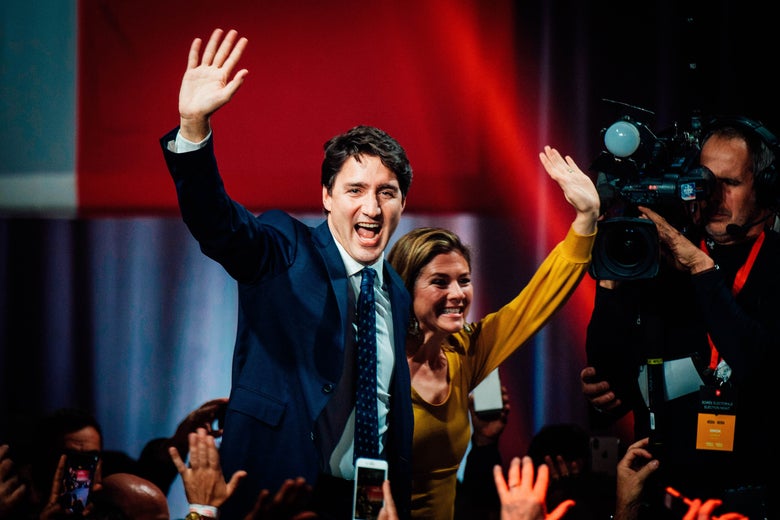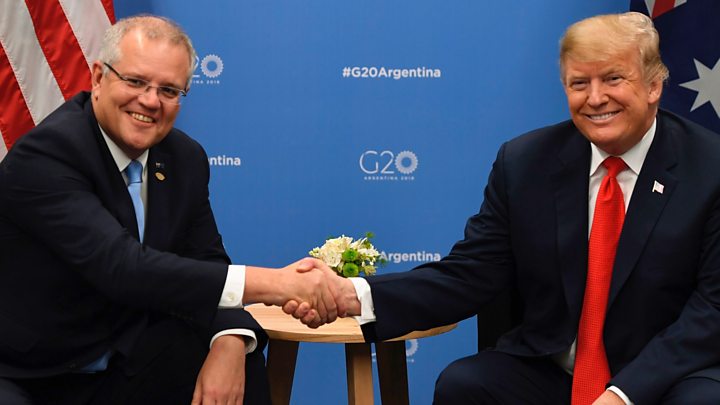"In the case of controlled substances, we have to balance our mission to deliver medicines to pharmacies against our important efforts to prevent and illegal diversions of those drugs"
- McKesson ("Our Media Statement")
Within the settlement agreement, the four of the five major distributors of opioid substances -- Teva, McKesson, Cardinal, and AmerisourceBergen (the last three of which “distributes about 90% of all medicines to pharmacies, hospitals and clinics in the United States”)[2]-- have agreed to split the settlement bill amongst their group, with Teva agreeing to an annual cash payment of $30 million over the course of 3 year alongside a donation of $25 million worth of addiction treatments.
Though officials have hailed the settlement case to be “a benchmark for a national resolution for other communities...to abate the epidemic”[1], as Peter Weinberger, a lawyer representing the Ohio counties, that doesn’t mean the trial is completely off the table and done for. For example, Walgreens Boots Alliance, the fifth major distributor, “didn’t reach a deal”, which delayed their respective trial, while Mundipharma, a branch of the larger Purdue pharmaceutical group, “continues to market opioids...as more effective and less addictive”. All of this while an estimated “2,000 lawsuits…[in] virtually every U.S. state allege that pharmaceutical companies...promoted the widespread use of opioid painkillers while withholding crucial information about the risks of addiction”[4].
Hot-Take: I’m a strong advocate for market liberalism and my Torie-capitalist perception entails a support for government de-regulation of private interests, allowing them to have more mobility and flexibility in how they do their business with their consumers without the scrutiny of a central government breathing down on their necks. But, in this case, I side by the prosecutors because the country’s opioid crisis has been ongoing for nearly two-decades and has been perpetuated by their manufacturers by “ensuring their non-addictive qualities” in the same way that gambling firms have implored the public to try their luck and win big prizes by playing games of chance. Although, I disagree with the $260 million settlement because, in the face of the five giants and the multi-billion industry, that’s essentially loose change found underneath a couch.
Questions:
Should there be more federal oversight on the privatised opioid-drug industry?
Do you agree with the current settlement deal? If not, why?
How should drug companies address these issues in order to mitigate the crisis’ effects?
Sources
[1]https://www.ashclinicalnews.org/online-exclusives/drug-companies-reach-260-million-settlement-ohio-opioid-trial/
[2]https://www.nytimes.com/2019/10/21/health/opioid-settlement.html
[3]https://www.nytimes.com/2019/10/20/health/opioids-trial-cleveland.html
[4]https://qz.com/1732237/four-major-players-reach-settlement-in-ohio-opioids-lawsuit/

/cdn.vox-cdn.com/uploads/chorus_image/image/65584642/1177753337.jpg.0.jpg)









:no_upscale()/cdn.vox-cdn.com/uploads/chorus_asset/file/16207928/GettyImages_1091925298.jpg)






